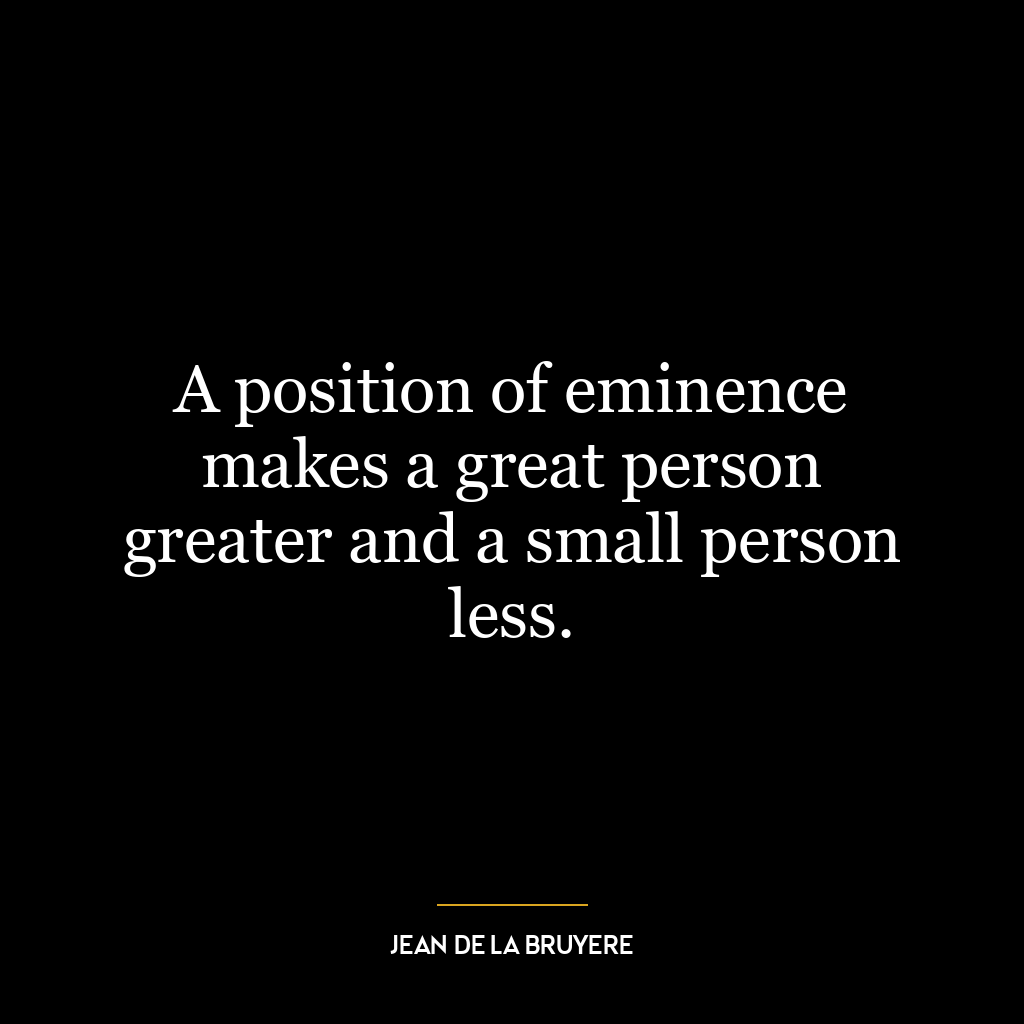Real power has to do with one’s ability to influence the hearts and minds of others.
This quote suggests that real power is not about physical strength or material wealth, but about the ability to influence others’ thoughts and emotions. It speaks to the concept of soft power, the ability to shape the preferences of others through appeal and attraction. This kind of power is often more potent and enduring than hard power, which relies on coercion and force.
The ability to inspire, motivate, and influence others is at the heart of leadership. It’s about creating a vision that others can buy into, fostering a sense of belonging, and empowering others to achieve their best. This kind of power is built on trust, respect, and mutual understanding. It’s not about manipulation or control, but about creating an environment where others feel valued and heard.
In today’s world, we see this idea playing out in various contexts. For example, in politics, leaders who can connect with their constituents on an emotional level and articulate a compelling vision for the future often have more influence than those who rely solely on their authority or position. In business, companies that can tap into their customers’ values and aspirations are often more successful than those that focus solely on selling products or services.
On a personal level, this quote can serve as a reminder of the importance of empathy and emotional intelligence in our interactions with others. It suggests that the ability to understand and connect with others on a deep level is a powerful tool for personal growth and success. It encourages us to focus on building meaningful relationships and to use our influence in a positive and constructive manner.
In conclusion, this quote underscores the power of influence and the importance of connecting with others on an emotional and intellectual level. It challenges us to rethink our understanding of power and to strive for a kind of power that is rooted in empathy, understanding, and mutual respect.










